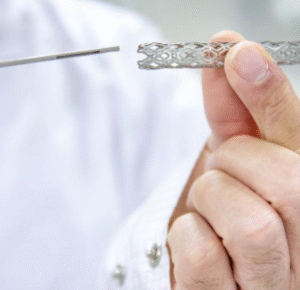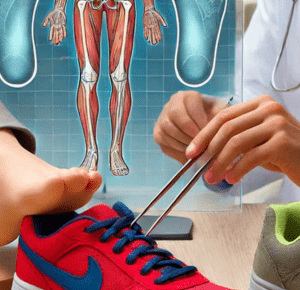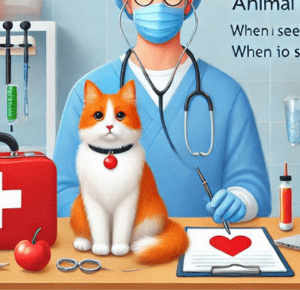Breast cancer affects many women, and early detection is key to successful treatment. Obstetricians and gynecologists play a vital role in this effort. They act as advocates in spreading breast cancer awareness and promoting regular screening. In Forest Hills, NY a private medical practice sets an example of how specialized care can make a big difference. By offering routine exams and educating on risk factors, these professionals empower women to take charge of their health.
The Importance of Regular Screening
Regular screening allows for early detection of breast cancer. This improves treatment outcomes and can save lives. Obstetricians and gynecologists encourage women to schedule mammograms and clinical exams. These screenings help detect lumps or changes in breast tissue. According to the National Cancer Institute, mammograms can reduce the risk of dying from breast cancer. They recommend women aged 50 to 74 have a mammogram every two years. Some women may need them earlier based on their health history.
Understanding Risk Factors
Knowing breast cancer risk factors helps in prevention and early detection. Obstetricians and gynecologists educate women on these factors. Family history, age, and lifestyle choices can influence risk. They guide women in making healthy lifestyle changes. These include maintaining a healthy weight, exercising, and reducing alcohol intake. By understanding these factors, women can make informed decisions about their health. The Centers for Disease Control and Prevention provides a list of common risk factors.
Table: Recommended Breast Cancer Screening by Age
| Age Group | Screening Recommendations |
| 20-39 | Clinical breast exam every 1-3 years |
| 40-49 | Mammogram every 1-2 years based on risk |
| 50-74 | Mammogram every 2 years |
| 75 and older | Consult with a doctor for personalized advice |
Role of Obstetricians and Gynecologists
Obstetricians and gynecologists build trusting relationships with their patients. This trust is crucial for open discussions about breast health. During routine exams, these doctors perform breast exams and discuss any concerns. They provide guidance on self-exams and when to seek further testing. By fostering a supportive environment, they encourage women to prioritize their breast health.
Empowering Through Education
Education is a powerful tool in the fight against breast cancer. Obstetricians and gynecologists offer resources and support. They provide information on the latest research and advances in treatment. This empowers women to make well-informed decisions about their care. By staying informed, women can advocate for themselves and their loved ones.
Conclusion
Obstetricians and gynecologists serve as advocates for breast cancer awareness and screening. They play a key role in early detection and prevention. Regular screenings and education about risk factors are essential. By prioritizing breast health, women can improve their chances of detecting cancer early. Trusting relationships with healthcare providers can encourage proactive health measures. As advocates, these specialists make a lasting impact on women’s lives.






